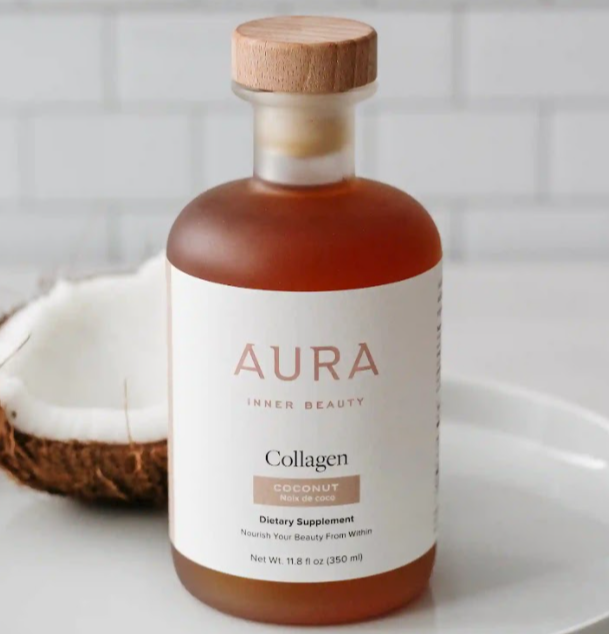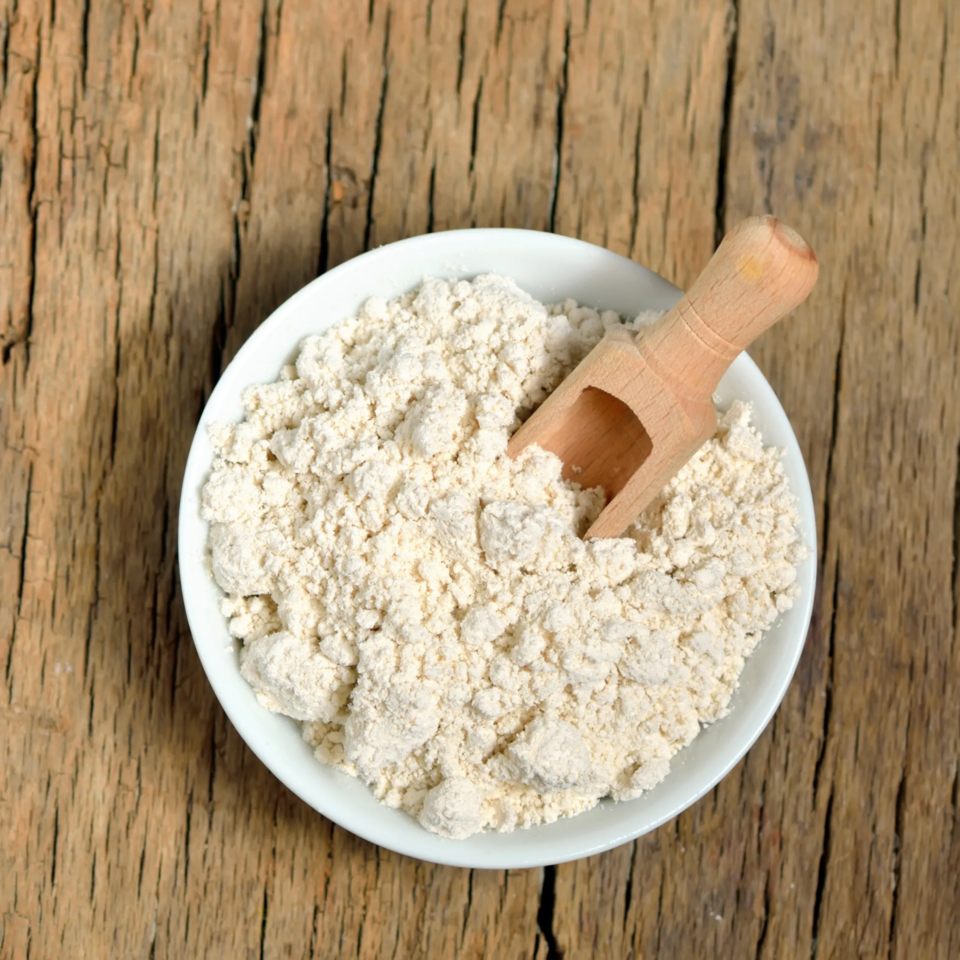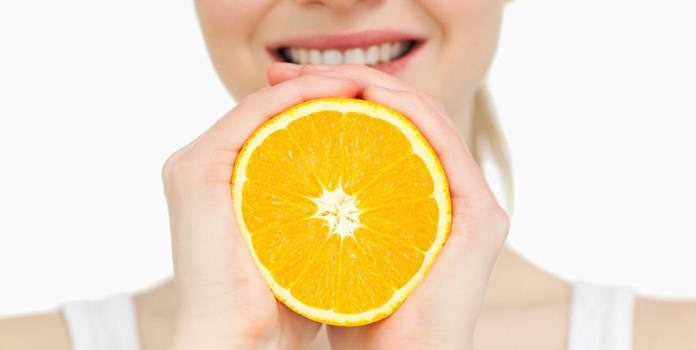In the rapidly expanding field of medical aesthetics, most treatments involve topical skin care, various types of laser or energy-based treatments and injectables. But is there anything you can take or eat to improve the condition of your skin, hair and nails? Many people take supplements of various kinds in the hope that ingested treatments can help to ward off aging. There has always been a fascination in the notion of ‘a fountain of youth’, but really, does anything we eat, drink or bathe in actually help slow the signs of aging or reverse its effects?
The skincare industry is highly unregulated. Supplements are not considered drugs; they are not evaluated in the same way medications or topical products from pharmaceutical companies are assessed. Companies that make supplements may make claims about the effectiveness of their products but they are unproven and companies do not need to substantiate them to any regulatory body. Terms like nutraceutical have no real meaning, it is just a marketing buzzword.
Let’s assume that we’ve got the bases covered: we eat a well-balanced diet, get sufficient sleep, protect ourselves from the sun, exercise regularly and avoid excessive stress. Could certain supplements bring added benefits? Is there any supplement that does actually have science behind it that confirms it can contribute to anti-aging?
If you’d like to take a supplement to improve your skin, consider these:
Collagen
A review and analysis of multiple high quality research studies published in 2019 in the Journal of Drugs and Dermatology has found that collagen supplementation has a beneficial effect on hair, skin, nails and joints. Our own natural collagen production starts to decline by age 25 so supplementation has been shown to help offset that loss. Marine collagen is widely considered the best source and is the most bioavailable (absorbable). Source high quality, wild-caught marine collagen that is hydrolyzed and combined with Vitamin C to boost absorption and activation. Liquid elixirs are easiest to take.

Vitamin C
Vitamin C is one of the most powerful antioxidants out there when it comes to skin health. It can be taken orally as a supplement but is best obtained through diet (red pepper, tomatoes, green leafy vegetables, citrus). Topical Vitamin C in a serum is best especially when combined with Vitamin E and formulated with a delivery vehicle to reach deep in the skin. Consider a high-quality Vitamin C serum especially if your diet is not quite up to snuff.
Beta-carotene and other carotenoid antioxidants
Vitamin A is essential to the skin and it boosts cell turnover and collagen production. But it must be taken orally in a precursor form such a Beta-carotene. The best sources are dietary – yellow, orange and green leafy vegetables and fruits. The more intense the colour the better. Supplements are an option but if you take cholesterol lowering drugs consult a physician before adding them to your regimen.
Vitamin E
Vitamin E is abundant in the food we eat and it is a powerful anti-oxidant. However, it is best applied topically; avoid oral supplements because it can be toxic in high doses and associated with blood clots.
Biotin (B7)
Studies suggest that biotin may improve hair quality, promote hair growth and strengthen nails. Again, avoid too much biotin as excess ingestion can lead to rashes, digestive stress and kidney problems.
Fish Oil
Research suggests fish oil supplementation improves skin hydration and may have an anti-inflammatory effect on acne. Look for sources that are wild caught and small fish types (sardines, anchovies) that have an appropriate fatty acid balance.
CoEnzyme Q10
CoEnzyme Q10 has positive effects on the skin by combating free radicals and preventing damage to proteins, lipids and DNA.
As you can see from the list above, antioxidants have a big role to play in terms of managing and preventing skin aging. Antioxidants prevent collagen break down and stimulate new collagen production while reducing inflammation and pigment formation. They mitigate the effects of UV radiation and environmental pollutants.
Finally, when it comes to immersion therapy (bathing) consider colloidal oatmeal. Colloidal oatmeal powder added to the bath binds to your skin and forms a protective barrier to hold in moisture and ease inflammation.

Persistence is also important! Like the health benefits of exercise, if you add a supplement, elixir or bath regime to your anti-aging plan remember to be consistent and do it regularly to see the benefit.
For more information, visit artmed.ca or email [email protected].
